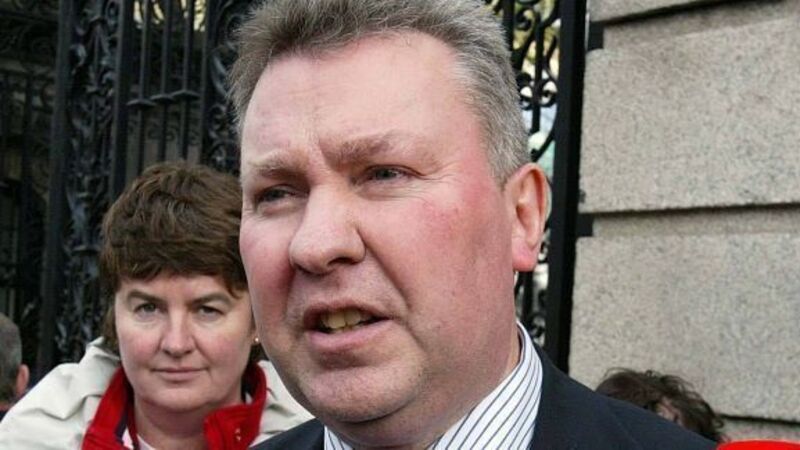Irish Bank Officials’ Association puts top bankers’ pay on agenda

It comes as the IBOA — which represents 15,000 finance staff across Ireland, which compares with a peak of 23,000 on the eve of the crash — is due to complete pay negotiations with Bank of Ireland this week and with Ulster Bank next week.
General secretary Larry Broderick told the Irish Examiner there was growing concern that chief executives at State-owned banks would again top excessive amounts in pay and in share-based incentives as the Government starts to sell down shares later this year.













